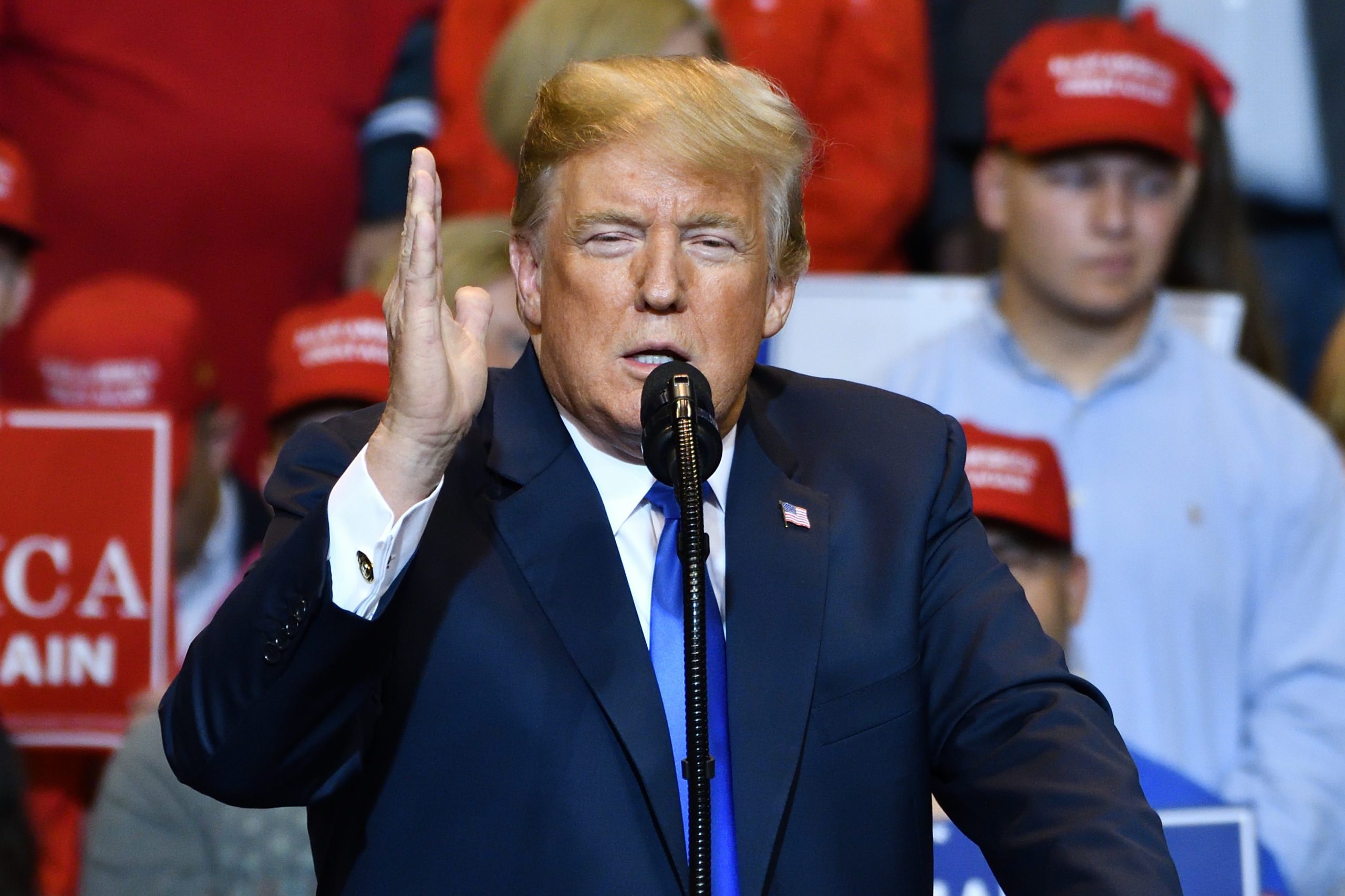If Congress Wants the War in Afghanistan, Trump Should Force them to Authorize It

As usual, the Washington establishment has inverted the constitutional process to protect the Forever Wars.
The Constitution vests in the Congress the power to declare war, but that power has not been exercised since 1942. Instead, what we have in the case of our engagement in Afghanistan is an Authorization for the Use of Military Forces (AUMF), which Congress granted in 2001. Using quintessential Washington-speak, the AUMF states: “Nothing in this resolution supersedes any requirement of the War Powers Resolution.” This turns the intent and purpose of both the Constitution and the War Powers Resolution upside down.
The Constitution and the War Powers Resolution recognize the president as the commander in chief, and require that he seek approval from Congress before going to war. The AUMF in practice has meant that Congress has simultaneously escaped responsibility for the endless war (“Hey, don’t blame us; we never voted for it”), while also compelling the commander in chief to stay in Afghanistan.
Since the AUMF is not a mandate, but is instead an authorization for the president, the president, as commander in chief, could tell Congress that without a declaration of war, he will bring the troops home. It would reverse the perceived responsibility for the war. At the moment, Congress is passing resolutions to forbid the president from bringing the troops home, even though they have been unwilling to declare war in Afghanistan as per Article I, Section 8 of the Constitution.
By doing this, the president could force Congress to put up or shut up. And if they refuse to declare war, which is highly likely because they know well that this 19-year-long, never-ending war in Afghanistan, with countless lives lost, has no chance of victory by anybody’s definition.
This action would be consistent with what Donald Trump—as a private citizen, a candidate for president, and as president—has been saying for years.
Back in March 2013, Trump tweeted, “We should leave Afghanistan immediately. No more wasted lives. If we have to go back in, we go in hard & quick. Rebuild the US first.”
Consider the similarities of that sentiment with his more recent tweet from the White House. “We are acting as a police force, not the fighting force that we are, in Afghanistan. After 19 years, it is time for them to police their own Country. Bring our soldiers back home but closely watch what is going on and strike with a thunder like never before, if necessary!”
That tweet, from May 27 of this year, shows Trump’s consistent thought pattern on Afghanistan. In both instances, we hear his impatience to get the troops out of Afghanistan. He also, in both tweets, links the misuse of troops in Afghanistan to failures at home. We should be rebuilding the United States first, not nation-building in Afghanistan (he’s correct there, of course). And in times of domestic crisis in the United States, as what we are experiencing now, we should not be distracted, with these many failed foreign military adventures.
Trump has been an enthusiastic and principled advocate for bringing the troops home. In contrast, members of Congress see the war in Afghanistan as a profitable endeavor for the lobbyists and defense contractors who generously support their campaigns.
President Trump’s office empowers him with more than a simple voice in advocacy. He has everything in his arsenal to remove the troops from Afghanistan. The Constitution makes him the commander in chief, the War Powers Resolution reinforces the message that Congress must declare war (and, by extension, not hide behind an unclear and outdated AUMF), and even the text of the AUMF—with its careful insistence that it does not supersede the War Powers Resolution—all bolster Trump’s case that, in the absence of a clear declaration of war from Congress, his commander in chief role empowers him to remove the troops.
President Trump should heed his own Twitter advice, call Congress’ bluff, and get us out of Afghanistan immediately. If he would like a Twitter message to accompany his actions, “Unless Congress declares war, I’m bringing the troops home where they belong” would be a powerful and succinct tweet.
Comments